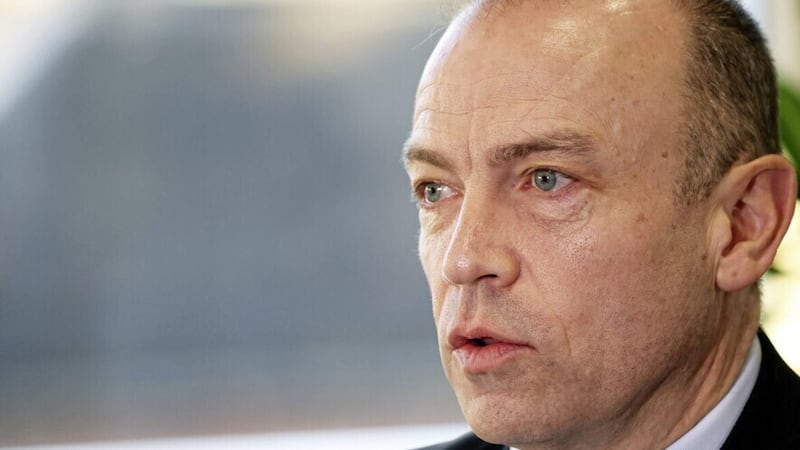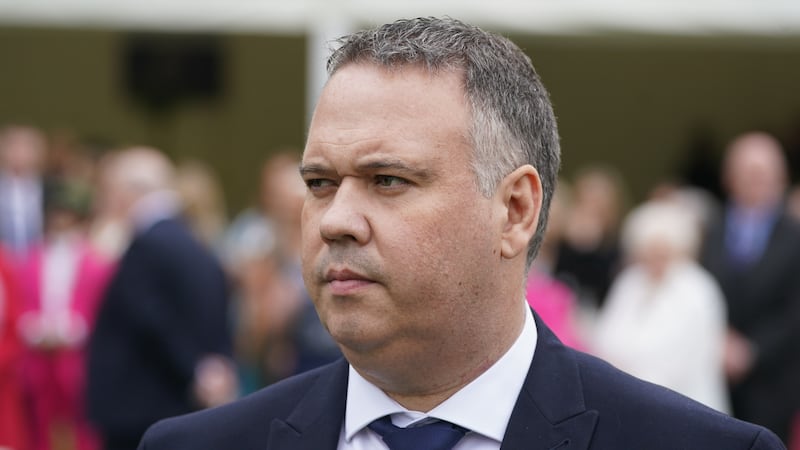THE British government has tabled "significant" amendments to its controversial Troubles legacy bill that aim to "address a number of key concerns" held by victims.
The bill, which is opposed by all of the north's main political parties, proposes an end to all Troubles-related prosecutions and inquests, provided perpetrators co-operate with a new truth recovery body, the Independent Commission for Reconciliation and Information Recovery.
The Northern Ireland Troubles (Legacy and Reconciliation) Bill is also opposed by the Irish government and victims groups, and is due to proceed at report stage in the House of Lords later this month.
The British government has said the proposed legislation "aims to deliver better outcomes for all those most affected by the Troubles, while helping society to look forward".
The latest amendments "seek to address a number of key concerns raised since the Bill’s introduction, including by victims and survivors".
The new amendments include revoking immunity for perpetrators if they are "subsequently convicted of terrorism offences or offences connected to terrorism committed after immunity was granted".
Criminal investigations and the consideration of prosecution decisions, along with inquests, would continue until May 2024 under the new amendments.
The government said this will ensure "a smooth transition between the ending of the current mechanisms and the ICRIR taking on full responsibility for dealing with legacy cases".
The amendments include placing the ICRIR under a "new duty to offer victims and their families the opportunity to submit personal impact statements", which must be published "if the person making the statement so wishes, subject to limited exceptions".
The ICRIR will also have a duty to "take reasonable steps to secure information relevant to the assessment of the truth of a person’s account as part of their application for immunity".
The Commissioner for Investigations, when exercising operational control over the conduct of reviews, "must comply with obligations imposed by the Human Rights Act 1998", the amendments state, while the ICRIR will have to publish a statement explaining how each review was conducted as part of its final report, "thus enhancing the transparency of its work".
The ICRIR will also have to produce guidance which is related to determining a request for immunity, replacing a power which currently sits with the Secretary of State for Northern Ireland.
NI Secretary Chris Heaton-Harris said: “The government has consistently stated that it would continue constructive dialogue in order to alleviate concerns and strengthen the Bill.
"That is why we have published a number of significant amendments that directly address a number of key concerns raised by interested parties.
He added: “We remain absolutely committed to making legislative progress so that the Independent Commission for Reconciliation and Information Recovery can be established, and begin delivering better outcomes for those most affected by the Troubles, as swiftly as possible.”
However, Sinn Féin MLA Gerry Kelly said the amendments were a "cynical response" to the "fundamentally flawed" legislation.
“The proposed new timeframe for concluding inquests will make it more difficult for families to have this most basic investigation into the killings of their loved ones," he said of the May 2024 deadline.
“This effectively closes the door in the faces of families looking to make progress in a large number of inquests, given the backlog in disclosure by the PSNI and the lack of resources for this work.
“This amendment is particularly cruel as expectations had been raised among families that once inquests had been opened that they would be concluded.
"Inquests which have not been concluded by May 1 2024 will also be transferred to the ICRIR. This will deny victims and families the opportunity to have direct access and input into the process, deny them the right to legal teams which can cross-examine witnesses, obtain disclosure and relevant documents and provide legal advice."




